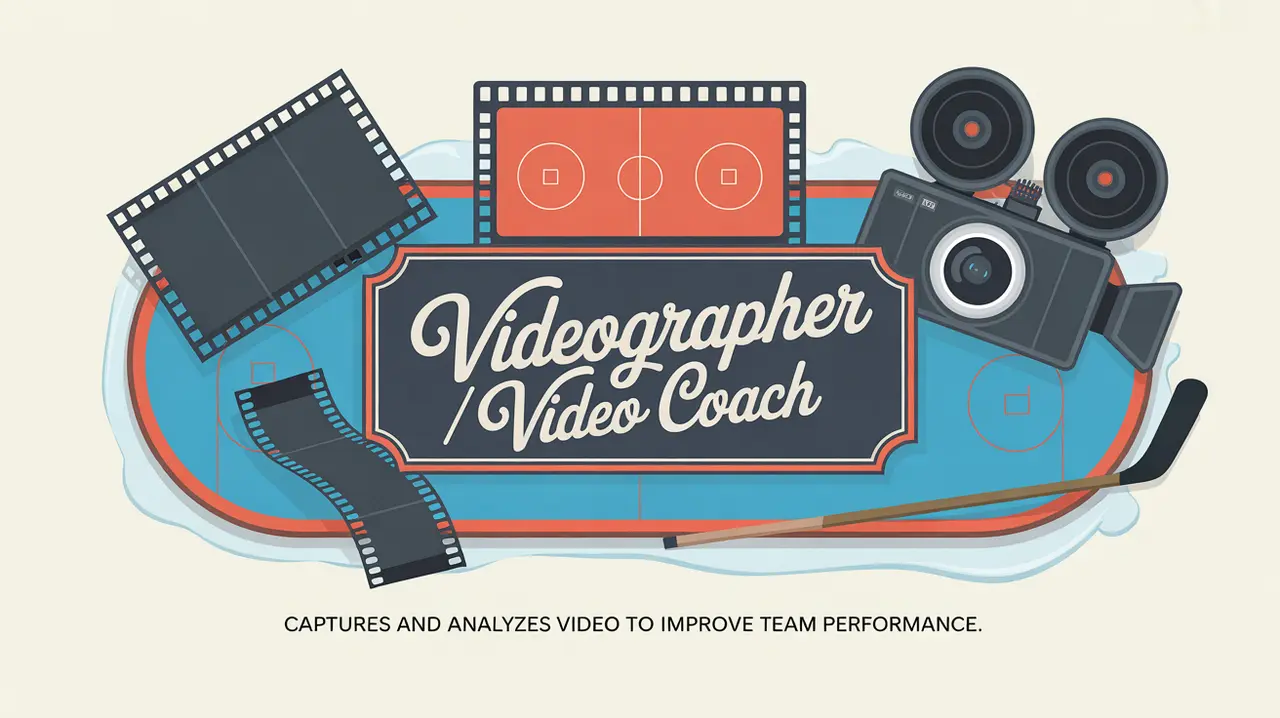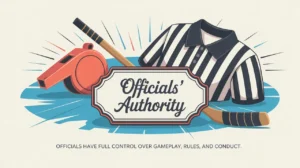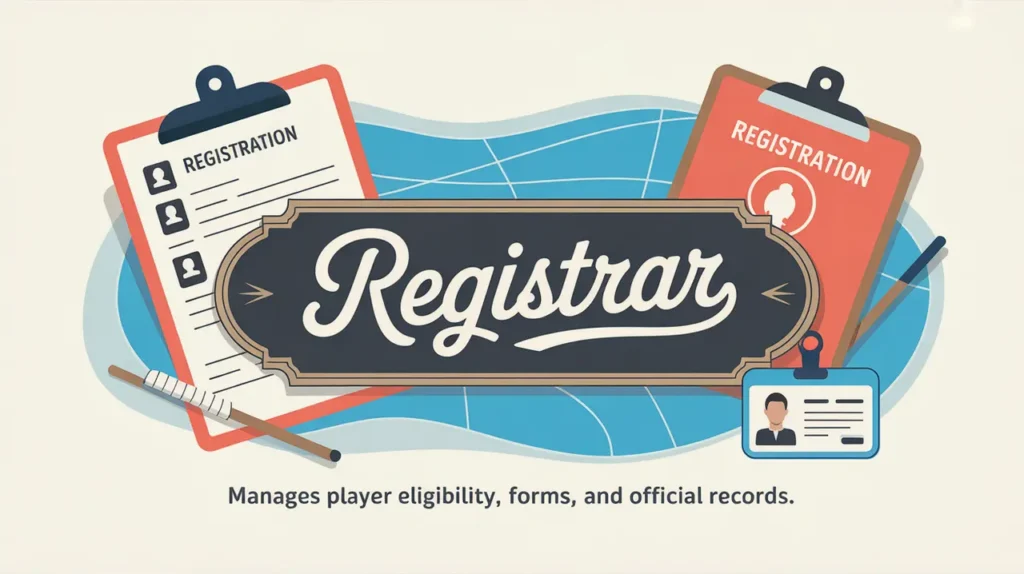Jim’s Intro to the Videographer / Video Coach
Hi folks, Jim here, the only commentator who once accidentally filmed an entire period with the lens cap on. Nothing is like it.
What is a videographer or video coach?
A videographer is responsible for recording games, practices, and events, while a video coach focuses on analyzing that footage to support player development, game strategy, and scouting.
Sometimes it’s one person wearing both hats; at higher levels, it can be a full department. Together, they capture and break down the game frame by frame, giving teams a clearer picture of what’s really happening on the ice.
How does it work?
Videographers and video coaches support teams through recording, organizing, and analyzing footage:
Game and Practice Filming
- The videographer sets up cameras to record full games and key drills, ensuring angles are clear and the footage is stable.
- This may involve overhead cameras, tripod setups, or specialized rigs for professional coverage.
Footage Management
- They label, store, and organize video files so coaches and players can easily find clips by period, situation, or player.
- Clear naming and storage systems save countless hours later.
Game Review and Analysis
- The video coach reviews footage to identify patterns, mistakes, and opportunities.
- They break down plays, defensive structures, power plays, and transitions, often clipping sequences for review sessions.
Player Development Support
- Individual clips are created to show players specific habits, tendencies, or teaching points.
- Side-by-side comparisons with earlier games can highlight improvement.
Scouting and Strategy
- Video analysis is also used to scout opponents, identifying breakout patterns, special teams tendencies, or weak zones.
- Coaches use these insights to adjust game plans.
Common Situations Involving Videographers / Video Coaches
- Game Recording: Capturing footage for review and archives.
- Post-Game Breakdown: Highlighting key plays or breakdowns for team meetings.
- Player Development Sessions: Reviewing individual performance clips.
- Opponent Scouting: Preparing for upcoming games with targeted analysis.
- Highlight Packages: Creating reels for motivation, recruiting, or social media.
How do you make good decisions with it?
Effective video work relies on planning, clarity, and precision.
- Film from Consistent Angles: Clear perspectives make analysis meaningful.
- Stay Organized: Poor labeling causes confusion later.
- Clip with Purpose: Each clip should teach or reveal something specific.
- Balance Depth and Brevity: Long sessions lose attention; targeted clips teach better.
- Collaborate with Coaches: Ensure analysis aligns with team strategies.
How do you master it?
Mastering this role requires technical skill, hockey knowledge, and analytical thinking. The best videographers produce clear, reliable footage, and the best video coaches extract insights that change how teams play. It’s part art, part science.
What does it look like when done right?
A great videographer and video coach give teams a competitive edge, providing clarity on what worked, what didn’t, and why. Players see their game objectively, coaches adjust strategies with confidence, and improvement accelerates.
Commentator’s Corner
Jim’s Take
The video team is like the team’s rewind button and crystal ball rolled into one. They see everything you missed while you were staring at the puck.
Parent Tip
Video can be a great learning tool for young players when used constructively. Focus on teaching moments, not just mistakes.
Player Tip
Don’t dread video sessions. They’re one of the fastest ways to spot habits and make real progress.
A Final Thought
The videographer and video coach are the team’s eyes after the fact, blending technical craft and strategic insight to turn footage into knowledge. When mastered, the role combines clarity, structure, and hockey IQ, making video an essential pillar of modern hockey development.









